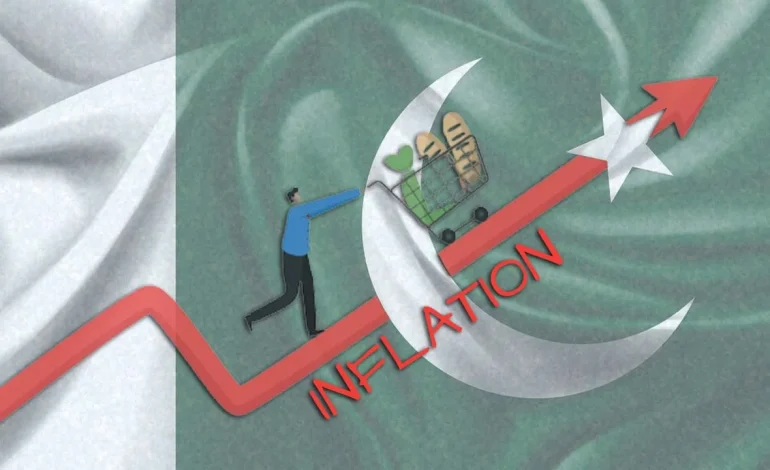
Pakistan’s Inflation Expected to Decline to 7.3% in September
Pakistan’s annual consumer price inflation is expected to decline to 7.3% in September, primarily driven by a high base effect, according to a report released by Insight Securities. This represents a significant decrease from 9.6% in August and a steep drop from 31.4% during the same month last year.
Key Factors Influencing the Decline
The anticipated decrease in inflation can be attributed to several factors:
- High Base Effect: The current inflation figures are being compared to last year’s exceptionally high rates, which creates a statistical effect that can make current rates appear lower.
- Month-on-Month Changes: A slight decline of 0.1% is projected for September, largely due to decreases in the housing and transport sectors.
Sector-Specific Insights
- Housing Index: A decrease of approximately 1.1% is expected in the housing index, influenced by negative adjustments in fuel costs.
- Transport Index: The transport index is projected to fall by 1.6% month-on-month, a result of reduced fuel prices.
Upcoming Inflation Data
The official inflation figures for September are anticipated to be announced early next week, likely on Tuesday.
Government Economic Forecast
The government’s economic outlook report predicts that inflation will range between 8% to 9% during September and October. This forecast aligns with recent trends as the central bank has implemented a total cut of 450 basis points in the benchmark interest rate over the last three monetary policy meetings.
Future Projections
Insight Securities indicates that, as inflation continues to moderate, a further cut of 100 basis points in the policy rate is expected during the upcoming Monetary Policy Committee (MPC) meeting in November 2024. The report suggests that inflation could reach its lowest level in January 2025, estimated between 5.5% and 6%, before rising again due to the low base effect in subsequent quarters.
International Monetary Fund (IMF) Support
In a recent development, the International Monetary Fund (IMF) approved a $7 billion funding package for Pakistan, providing crucial support for the nation’s economy. The first tranche of $1 billion has already been received by the State Bank of Pakistan, bolstering the country’s financial stability.
The IMF loan program approval, alongside stabilized external accounts, gives policymakers some latitude to steer the economy toward sustainable growth following a year of relative stability.
Conclusion
Looking ahead, factors such as stable crude oil prices and a consistent currency will play significant roles in determining Pakistan’s inflation trajectory. Effective fiscal management and the careful implementation of economic reforms will be essential for achieving long-term growth and stability.





